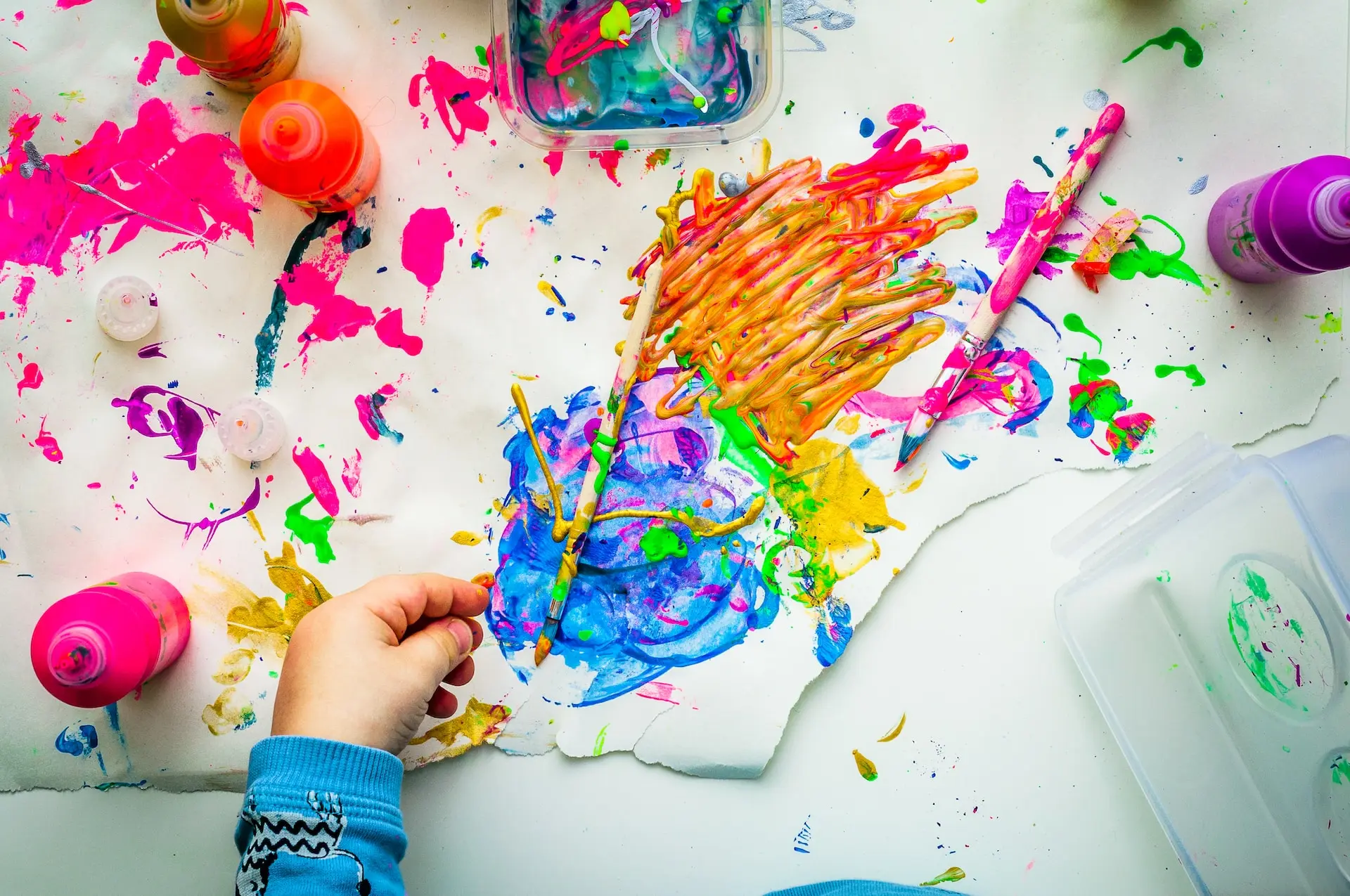Nootropics and Creativity: Can Smart Drugs Help Unlock Your Creative Potential?
Nootropics and Creativity: Can Smart Drugs Help Unlock Your Creative Potential?
Nootropics, commonly known as smart drugs or cognitive enhancers, have gained popularity in recent years for their potential to improve various aspects of cognitive functioning. With increasing demands for creative output in the workplace and in daily life, many individuals are turning to nootropics in hopes of enhancing their creativity. In this article, we will explore the relationship between nootropics and creativity, examining the scientific evidence supporting their use and addressing common questions about these substances.
What are Nootropics?
Nootropics are a class of substances, both natural and synthetic, that have been purported to improve cognitive function. They are thought to work by modulating various neurotransmitter systems, enhancing blood flow to the brain, or providing neuroprotection. Some well-known examples include caffeine, L-theanine, modafinil, and racetams.
Can Nootropics Enhance Creativity?
The relationship between nootropics and creativity is complex and not yet fully understood. While some studies have found promising results, others have been less conclusive. The effects of nootropics on creativity may vary depending on the individual's baseline cognitive function, the specific substance used, and the dosage.
Scientific Evidence
Several studies have investigated the effects of nootropics on creativity, with mixed results. Some research suggests that certain nootropics may improve aspects of creative thinking, such as divergent thinking and cognitive flexibility. For example, one study found that a combination of caffeine and L-theanine improved divergent thinking in healthy adults, while another reported that modafinil enhanced cognitive flexibility in sleep-deprived individuals.
However, other studies have failed to find significant improvements in creativity with nootropic use. It is worth noting that many of these studies have small sample sizes, limited controls, and varying methodologies, which may contribute to the inconsistent findings.
Individual Variability
The effects of nootropics on creativity may also depend on individual factors, such as baseline cognitive function and genetic predispositions. Some individuals may experience significant improvements in creativity with nootropic use, while others may not notice any difference or even experience adverse effects.
Common Questions About Nootropics and Creativity
Are nootropics safe?
The safety of nootropics varies depending on the specific substance, dosage, and individual factors. Some nootropics, like caffeine and L-theanine, have a long history of safe use, while others, such as modafinil and racetams, may have potential side effects or unknown long-term risks. It is essential to consult a healthcare professional before using any nootropic, especially if you have pre-existing medical conditions or are taking other medications.
How can I optimize my creativity with nootropics?
If you are interested in using nootropics to enhance your creativity, it is crucial to start with a low dose and gradually increase as needed. Pay close attention to how the substance affects your cognition and adjust accordingly. Remember that nootropics are not a magic bullet for creativity, and it is essential to continue practicing creative thinking skills and engaging in activities that promote cognitive flexibility.
In conclusion, the relationship between nootropics and creativity is complex and not yet fully understood. While some evidence suggests that certain nootropics may enhance aspects of creative thinking, the effects are likely
